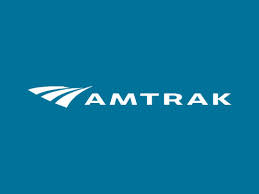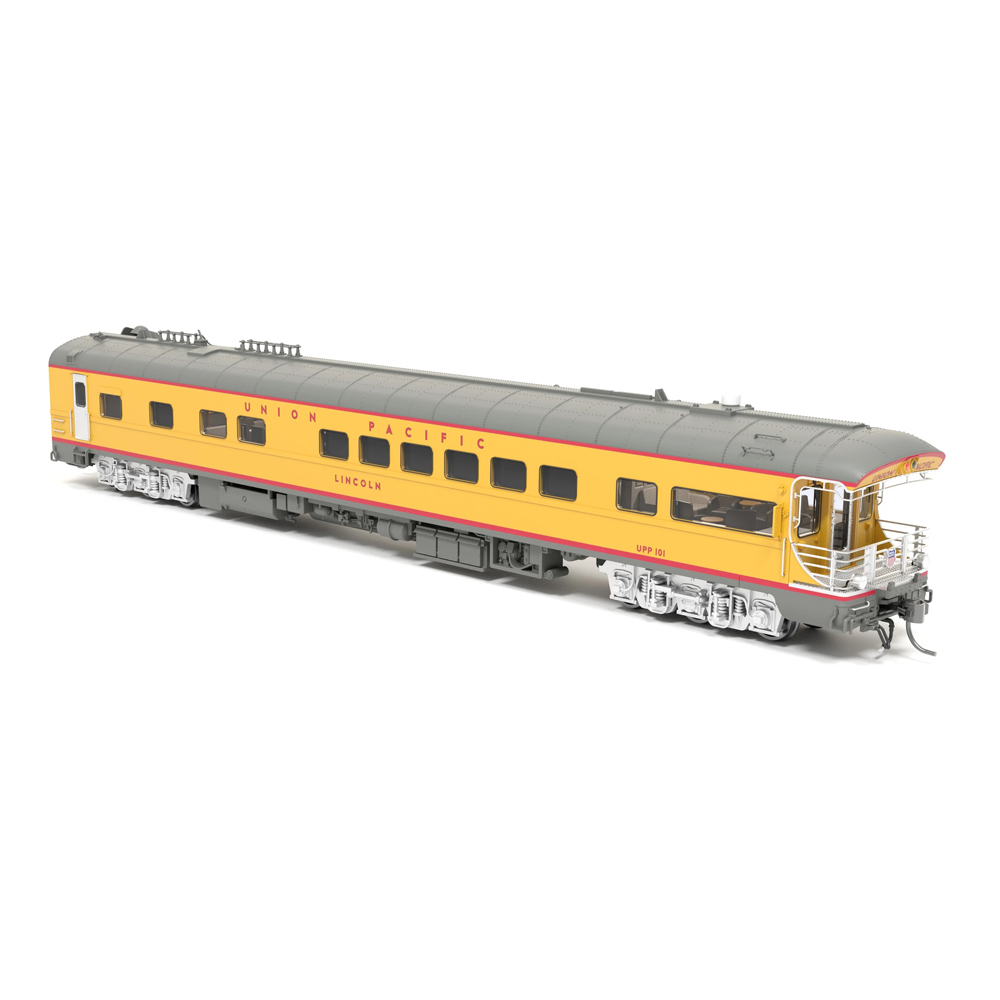More Tuesday rail news in brief:
FRA to provide $91.5 million in funding for New Jersey’s Portal Bridge
Amtrak and New Jersey transit have received $91.5 million in funding from the Federal Railroad Administration toward replacement of the Portal Bridge, the aging structure over New Jersey’s Hackensack River that has long been a problem spot on the Northeast Corridor. “This is a huge win for our state, our commuters, the future of our economy, and our entire nation,” New Jersey Gov. Phil Murphy said in a Twitter post. The swing bridge between Kearny and Secaucus, N.J., has often caused significant delays on the corridor because it sometimes fails to lock into place after being open — a problem which led the U.S. Coast Guard to limit when it could be opened. [See “Coast Guard to make permanent ban on rush-hour openings of Portal Bridge,” Trains News Wire, Oct. 2, 2019.] The proposed $1.5 billion replacement will rise high enough above the river that it will not need to be opened.
Local control of Orlando’s SunRail to be set back because of virus
The planned conversion of Orlando commuter railroad SunRail from state to local control is likely to be delayed from the scheduled May 2021 handover because of setbacks caused by the coronavirus. The Orlando Sentinel reports that Orlando Mayor Buddy Dyer, chairman of the governing body overseeing the handover, the Central Florida Commuter Rail Commission, says the change is “not going to be the date that’s on the contract,” a reflection of both the dramatic decline in ridership as a result of COVID-19 and the drop in sales tax that would fund local operation of the system. A planned November ballot initiative which would have raised local sales taxes by a penny to fund SunRail and other transportation projects has been postponed because of the post-virus environment. It now is at least two years away.
Sonoma-Marin rail survey projects significant ridership losses if weekend service is cut
An online survey by Sonoma-Marin Area Rail Transit has found that the agency is more likely to lose ridership if it eliminates weekend service, one of three cost-cutting options it is considering. Of the 3,281 respondents during the seven-day survey concluding May 17, 17% indicated they anticipated only using SMART on weekends once the COVID-19 shelter-in-place orders are eased. Some 12% of respondents indicated they do not anticipate returning to SMART once restrictions are eased; 22% indicated they will continue to work from home. Respondents indicated they could accept weekday service reductions if there is earlier morning service, later afternoon service, and the schedule is coordinated with ferry service.















